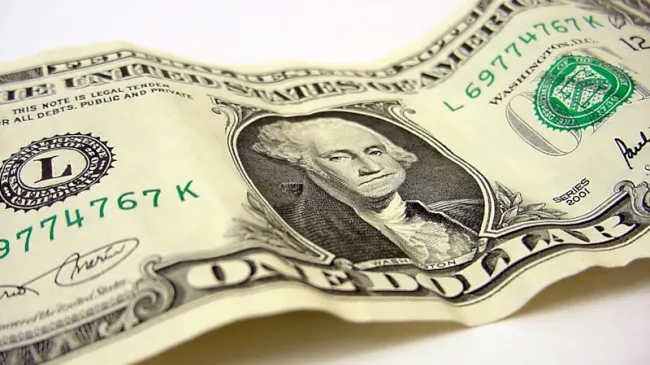Where the Classical Economists Went Wrong
The classical economists were opponents of paper money. And yet in their positive case for commodity money, they made two great errors: believing that an additional supply of notes on the market confers some social benefit and believing that money's value needs to be stable in order to meet the needs of trade. These errors inadvertantly paved the way for political intervention.










